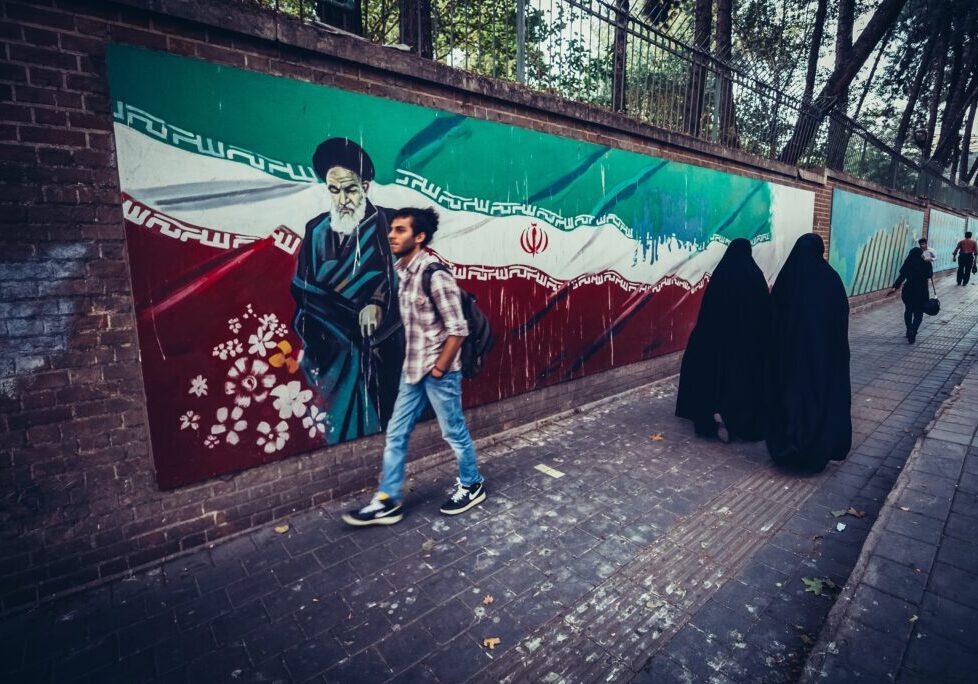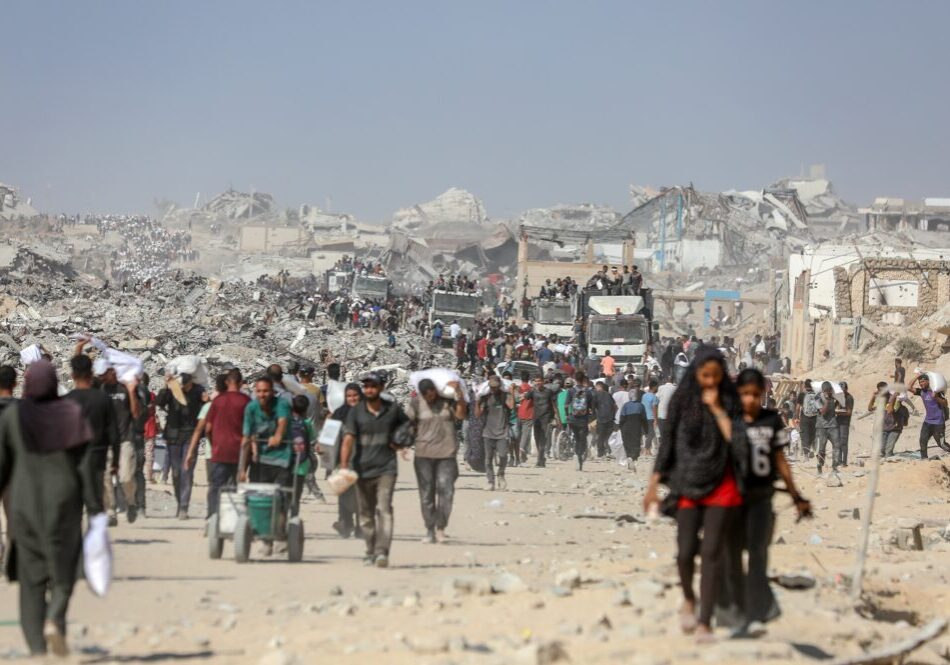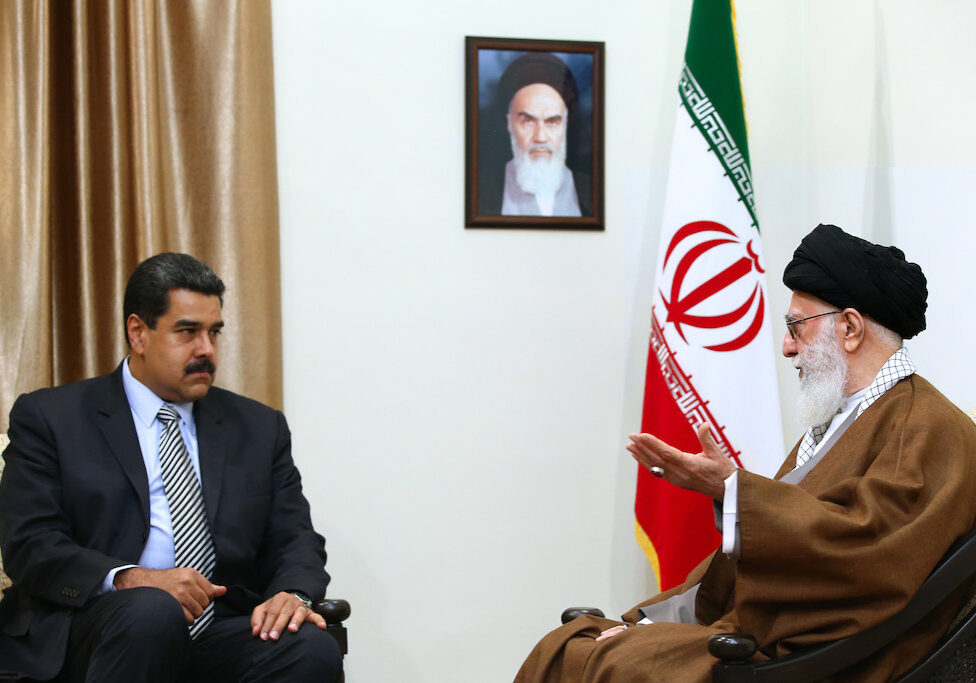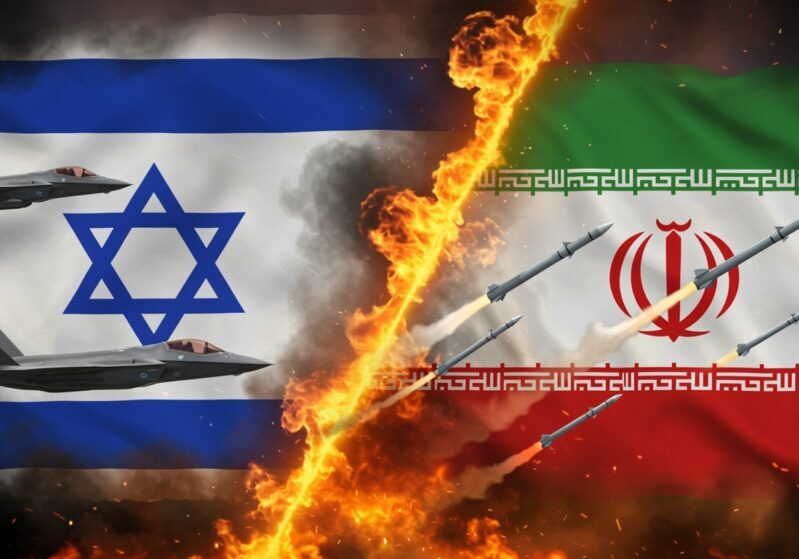Australia/Israel Review, Featured
Editorial: JCPOA not the Endgame
Apr 27, 2021 | Colin Rubenstein
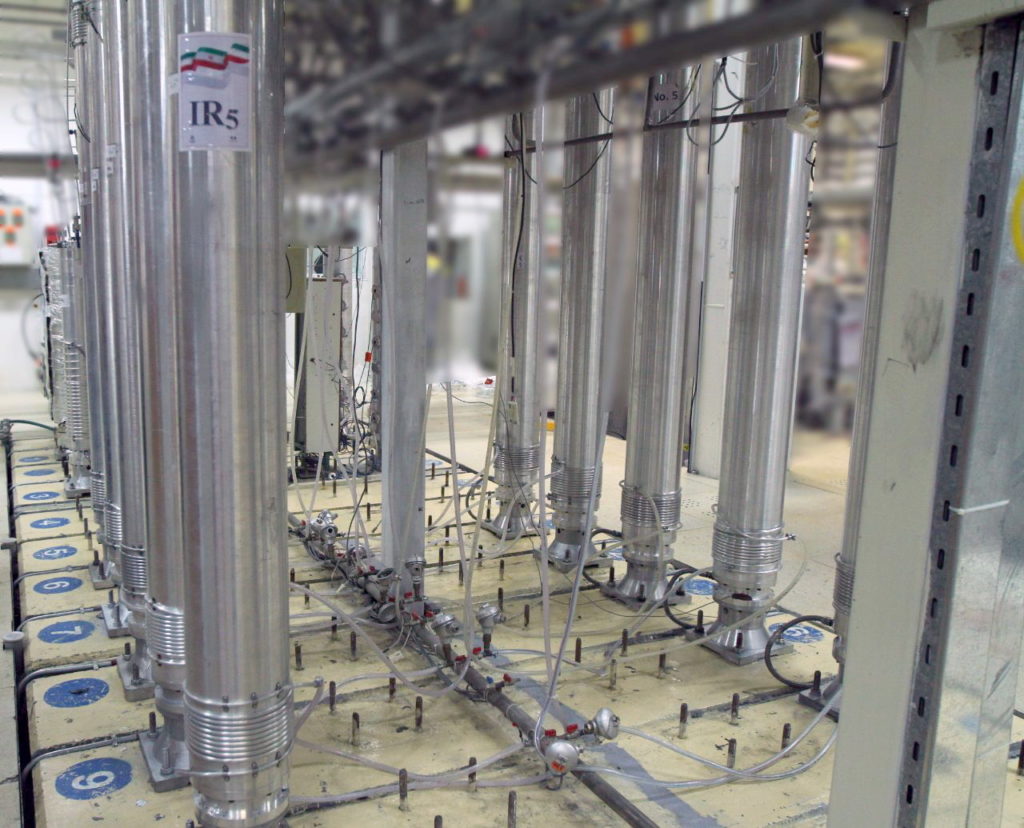
Indirect talks in Vienna between the United States and Iran aimed at stopping Teheran’s ongoing blatant and dangerous violations of the 2015 Joint Comprehensive Plan of Action (JCPOA) nuclear deal appear to be setting an alarmingly low bar for sanctions relief. Disturbingly, US officials are now hinting that the Biden Administration won’t wait until Iran materially returns to compliance before easing pressure on the regime, as they had previously indicated they would.
Given what is at stake, this should be deeply worrying for the global community, including Australia, as it seeks to keep the world’s most dangerous weapons out of the hands of the world’s foremost state sponsor of terrorism.
In an interview in March, US Secretary of State Antony Blinken had acknowledged that returning to the JCPOA would only be a first step.
“We need to work on an agreement that’s longer and stronger than the original one,” he said, “And we also need to engage other issues that were not part of the original negotiation that are deeply problematic for us and for other countries around the world: Iran’s ballistic missile program, its destabilising actions in country after country.”
Blinken deserves credit for conceding some of the obvious flaws in the original JCPOA.
Yet what should be equally obvious is that, without continued sanctions pressure, Iran will have no incentive to make concessions on any of the issues Blinken highlighted. Yet there are reports that the Biden Administration is now prepared to lift non-nuclear sanctions against Iran’s central bank, its national oil and tanker companies and key economic sectors including steel, aluminium and others, in exchange for its return to the JCPOA.
By ramping up nuclear activity in recent months, Iranian leaders have been trying to intimidate Western negotiators into rushing into a deal that will once more empower and embolden Iran to continue its destructive course with impunity.
There is abundant evidence that Iran never fully complied with the JCPOA in the first place (see p. 16 for a discussion of this evidence) – which is one of many reasons why the US Trump Administration withdrew from the deal in 2018. Yet even ignoring this inconvenient reality, there is no avoiding the fact that the ease with which Iran has been racing toward the nuclear threshold in recent months, once it decided to do so, is a preview of what awaits the world once the JCPOA’s sunset clauses trigger over the next two to nine years, lifting virtually all restrictions on Iran’s nuclear activities. Except, by then, Teheran will be able to move much more rapidly, thanks to the intensive research on advanced centrifuges that the JCPOA already allows Iran to undertake.
Meanwhile, outside the US, the international community continues to refuse to reimpose sanctions on Iran in the face of nuclear activity that breaches all of the JCPOA’s key clauses. European parties to the JCPOA were even prepared to simply ignore the legal right of the US to invoke the UN Security Council’s sanctions snapback provisions in Resolution 2231 last year. The question must be asked – where do the red lines of the parties to the JCPOA regarding Iran’s illegal nuclear program actually lie? They clearly aren’t anywhere near where the JCPOA’s sponsors promised they would be.
As of February, Iran’s stockpile of enriched uranium exceeded 15 times the limit allowed to it under the JCPOA, enough material to build several nuclear weapons. That same month, the International Atomic Energy Agency (IAEA) reported Iran had, for the first time, produced uranium metal, a material used to construct the core of a nuclear bomb. Teheran is constantly illegally installing advanced centrifuges which drastically shorten the regime’s nuclear breakout time.
And since March, Iran has been restricting the provision of surveillance camera footage of its nuclear facilities to the IAEA, further masking its activities. Finally, on April 16, Iran reportedly began enriching uranium to the unprecedented level of 60%, dangerously close to weapons-grade of 90%.
Iran’s increasingly grave nuclear violations escalate week by week and the JCPOA delineates clear consequences in the event of such severe Iranian violations. Yet these have been ignored in favour of the improvised Vienna negotiations that appear set to sweep Iran’s violations under the rug, remove sanctions and pretend nothing happened.
Focusing the Vienna talks on merely bringing Iran into compliance with the JCPOA as part of a quid pro quo for sanctions relief would be tragically short-sighted and dangerous. The Biden Administration must address the weaknesses in its own negotiating strategy if it expects to lengthen, strengthen and broaden the agreements with Iran to encompass all of the Islamic Republic’s problematic behaviours, while blocking every pathway to a nuclear weapon for the foreseeable future – as it has repeatedly claimed it is seeking to do.
Submitting to Iran’s demands to remove all sanctions to coax the Islamic regime back to some degree of ostensible JCPOA compliance may end Teheran’s dangerous nuclear dash in the short term, but at the expense of any realistic hope of expanding and strengthening the agreement at a later stage. It would only increase the likelihood of having no choice but to employ a military option against Iran’s nuclear facilities in the future.
Details of the reported act of sabotage at Iran’s nuclear enrichment facility at Natanz on April 11 are murky, but it appears to have temporarily curtailed enrichment at that site, fortuitously buying precious time and increased leverage in the Vienna talks. Such an opportunity must not be squandered.
The US should reassess its strategy and insist on strengthening the JCPOA while also addressing other problematic Iranian behaviours here and now, as part of current negotiations. Above all, it must refrain from sacrificing its essential leverage merely to re-establish ostensible compliance with what has always been a grossly inadequate nuclear deal that effectively guarantees a nuclear weapons capable Iran in just a few short years.

